RIP…RFI/RFP/RFQ…This is 2023. Very unlike the traditional evaluation process!
Have you ever faced a scenario where even after doing your best, you still couldn’t win that proposal? Like many others, were you also primarily focused on the price criterion? Well, that’s where it went wrong (probably).
Winning a proposal is not just about having the lowest price.

This article will explore how non-price criteria can increase the chances of winning a proposal. It will also discuss how companies can use these criteria to differentiate themselves from their competitors and stand out.
What Other Factors Do Evaluators Consider in Addition to the Price?
It can be really tempting to consider just the price in complex bidding. But it’s crucial to keep in mind that evaluators consider other factors in addition to the price.

We’ll examine a few of the additional elements evaluators take into account as they evaluate your bid in this article. You can raise your chances of winning by knowing how to address them in your entry.
The effects of procurement on the economy are now measured across time and are not just limited to cost savings. Therefore, when drafting your bid proposal, it’s crucial to think beyond price because these measures may encompass human, social, economic, or environmental issues.
Typically, a scoring system is used to evaluate proposals, divided into sections with corresponding questions. Bidders must receive high marks in each category to demonstrate the best value for money (the most favorable pairing of whole-life cost and quality to satisfy the customer’s criteria). As shown below, evaluators use a variety of criteria, including price and non-price, to determine the value for money, often known as MEAT (most economical and advantageous tender).


1. Technical Proficiency
Your technical proficiency is one of the most typical non-price factors that evaluators will consider. This covers things like your knowledge, expertise, and ability to complete the contract’s requirements in its entirety. You must be able to show that you have what it takes to do the work if you are bidding on a project or services contract that calls for particular technical abilities or knowledge. The most effective approach to do this is to offer proof of concept (POC) in the form of case studies or endorsements from clients who have used similar products, services, or initiatives.

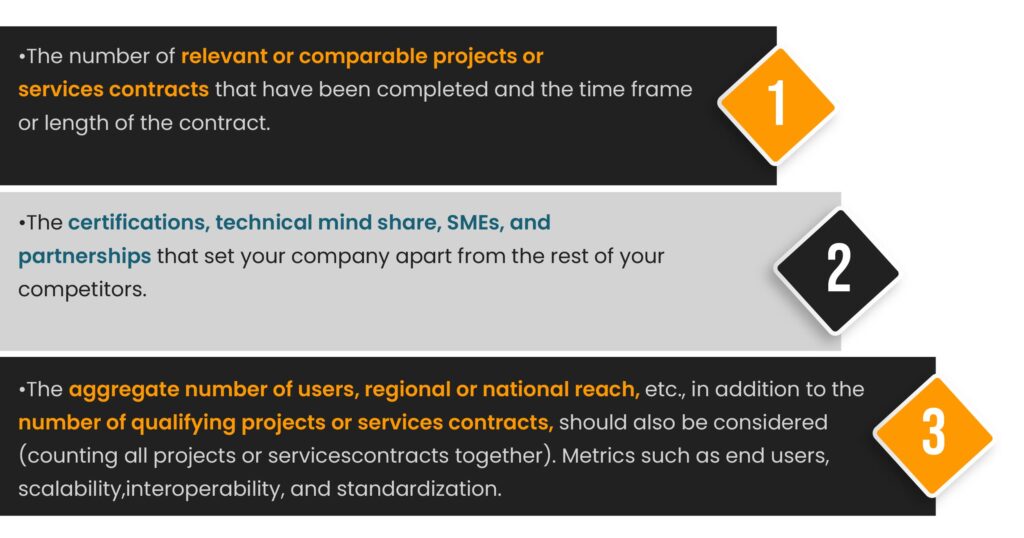
2. Past Performance
Most often, when evaluating projects or service agreements, evaluators are interested in whether you have previously completed work of a similar nature successfully, who will be in charge of managing the job, and whether it will be finished on schedule and to the appropriate standard. They’ll also demand documentation of your team’s training, credentials, and pertinent professional certifications.
Past performance, however, qualifies more than just business experience. While past performance is a technique for evaluators to compare risk to how well you know how to do the work and how well you have done it previously, corporate experience may highlight what you have done in the past. Therefore, every company should actively stay on top of this non-price criterion with the contracts and delivery team.

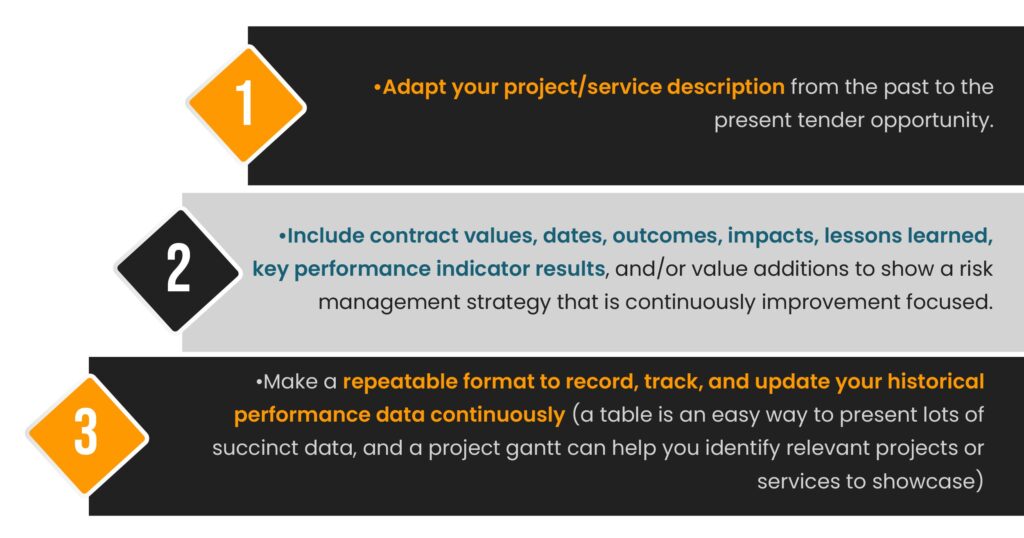
3. Methodology
Winning a proposal requires more than just having a great idea. It also requires having a well-thought-out and detailed methodology to back it up. A good methodology is essential to convince the decision-makers that your proposal is the best one for them.
Methodology involves outlining the steps and processes that will be taken to achieve the desired outcome of the project and the “How” part of it. It should include analyzing existing data, researching potential solutions, and evaluating possible risks associated with implementing those solutions. A good methodology is key to winning any proposal as it shows that you have put thought into your proposed solution and have taken all necessary steps towards achieving success.
Suppliers must tailor their proposals to the customer’s needs to have a competitive bid. Evaluators can gain insight into whether a supplier truly understands the customer’s business needs and concerns. Also, whether they understand what is involved in the scope of work, and whether the solution is workable by comparing bidder methodologies or your approach to delivering the project or services. The methodology you suggest is also an excellent way to set apart the people carrying out the task from your systems and procedures.

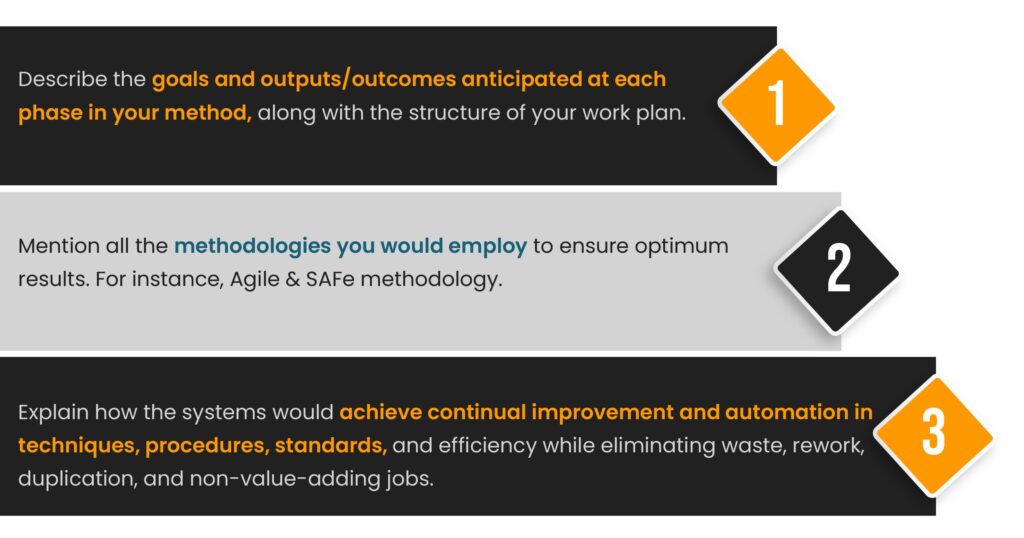
4. Management Techniques
Evaluators should understand how best practice is reached with respect to quality in all facets of your service and service delivery, thanks to the management processes and procedures your organization has in place. For example, depending on the bid specifications, you may want to emphasize your organization’s systems for ethical business practices, such as managing conflicts of interest; how you identify and manage the project, contract, and key person risks; how you manage project requirements, such as the planning and management of infrastructure, people, and financial resources; your systems for environmental management; how you establish and maintain cooperative relationships; and how you approach non-adversarial conflict.

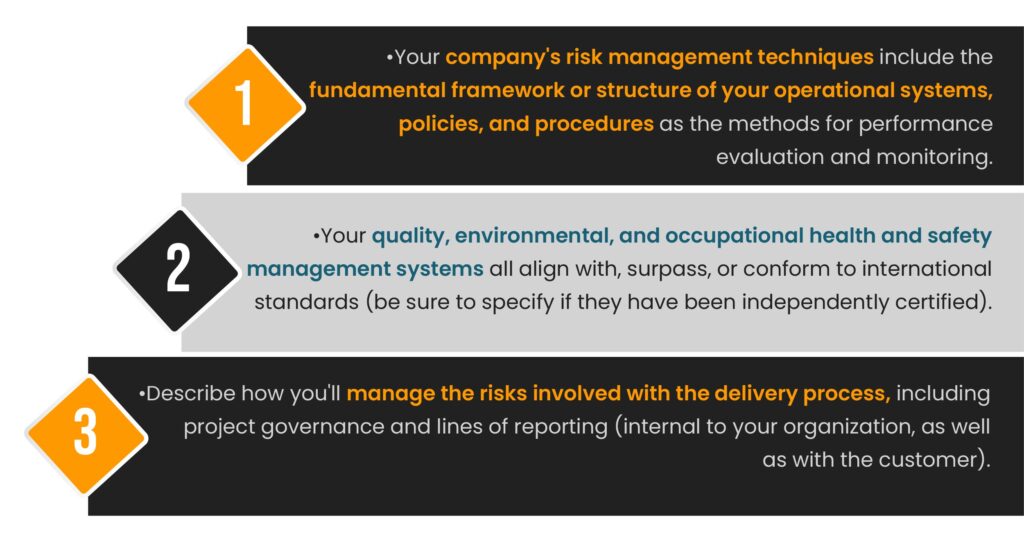
5. Social Value
A project’s or service’s social value is its additional advantageous effects on society beyond its immediate economic benefit. In other words, social value considers the broader advantages that a project or product brings to individuals and communities. Organizations will be compelled to consider non-price factors like social value when commissioning services as a result of the UK’s Social Value Act taking effect and now being extensively adopted abroad. In other words, contractors who show that they have added social value are more likely to be hired.

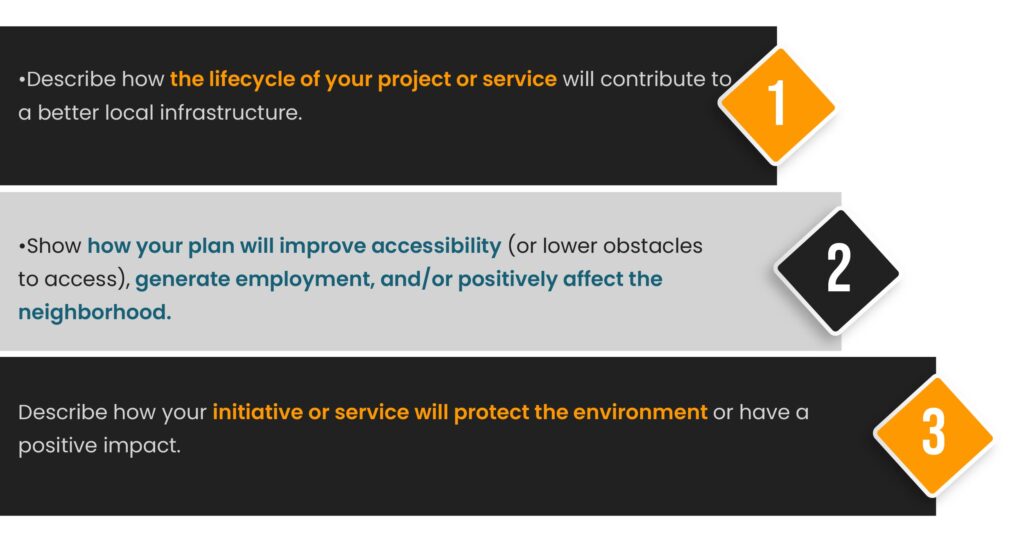
Wrapping Up
As we’ve seen, evaluators will consider various variables when rating your bid submission. In addition to ensuring objectivity in supplier evaluation, using non-price selection criteria serves as a risk management tool by highlighting potential flaws in a given contractor or proposal.
While price is certainly important, it’s not the only criterion that evaluators look at. Therefore, make sure you take the time to understand all the different criteria that could be used to score your bid and ensure that you address them in your submission.
How Can Worxwide Help You?
We at Worxwide Consulting (formerly known as Bids and Beyond) are a bid consulting firm with almost a decade of experience. Our bid consulting experts, technical proposal writers, and researchers pride themselves in being informed of the ins and outs of the requirements and compliance to take care of in tenders, RFPs, and RFIs. Get in touch with one of our consultants today.

Written by: Sanyam Jain
tx, USA

London, UK
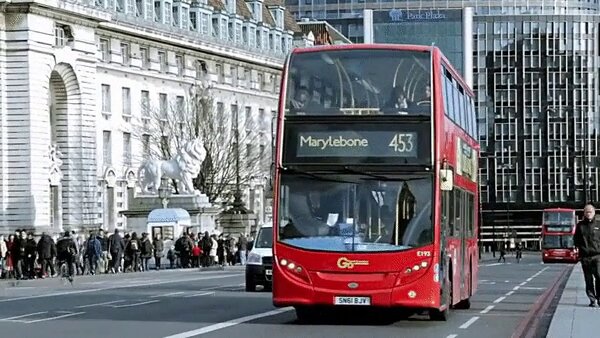
India


